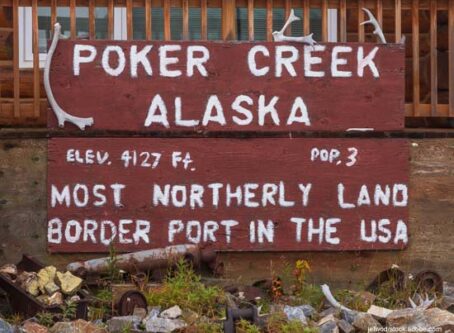Michigan House fails to advance bills to provide reciprocity for certain loads
A Michigan bill package that covered reciprocity for timber haulers in the Upper Peninsula has been nixed.
The bipartisan legislation was touted to make it easier for logging companies to transport materials between Michigan and Wisconsin.
Recent Michigan laws on topic
In 2022, Gov. Gretchen Whitmer signed into law multiple reciprocity rules for affected loads. One change exempted timber haulers who must cross the state’s borders from the International Fuel Tax Agreement.
A second change permitted the Michigan Department of Treasury to set fuel tax reciprocity agreements with other states. Specifically, the agency can permit the transport of raw forest products within 30 air miles of the border.
Affected loads include logs, posts, poles, wood chips, sawdust and Christmas trees not altered by a manufacturing process off the land.
Another rule change exempted affected interstate carriers from the collection of streamlined sales-and-use tax under fuel tax reciprocity agreements.
Air miles revision
Rep. Jenn Hill, D-Marquette, and Rep. Dave Prestin, R-Cedar River, said the rules give logging companies more flexibility to transport their products between Michigan and neighboring states without the paperwork that normally is required under IFTA.
They added that their legislation would make sure the state “is not making things harder for loggers transporting cargo in the U.P.”
Speaking on the House floor, Hill said the legislation was not only about bureaucratic technicalities.
“It’s about supporting the hard-working loggers of the Upper Peninsula to maximize the efficiency of their operations,” Hill added. “The logging industry is a cornerstone of our economy in the U.P., but it’s facing numerous challenges. For years, one of those challenges has been navigating a system of taxing interstate shipments that just doesn’t make sense for U.P. loggers who are running fixed routes over the same distance day after day.”
She added that the legislation would allow greater flexibility in transporting raw forest products between Michigan and Wisconsin.
One revision covered the 30-air-miles rule.
Hill said that due to an interpretation of the air-mile limit discovered after execution of the Michigan-Wisconsin reciprocity agreement, a mill in Escanaba, Mich., inadvertently was excluded.
Their bills, HB5378 and HB5379, included a change to increase the allowable number of air miles traveled under these agreements from 30 to 50 miles. The revision would have let both states make a change to the allowed number of air miles, as long as both agreed.
Another revision called for changing the metric weights that apply to commercial vehicles under an agreement from 12,000 kilograms to 11,797 kilograms. The change would have reflected IFTA metric thresholds.
House lawmakers voted overwhelmingly to approve HB5378, but HB5379 did not receive the required votes needed for passage. Because the bills were tie-barred, both were killed since one did not advance. LL









